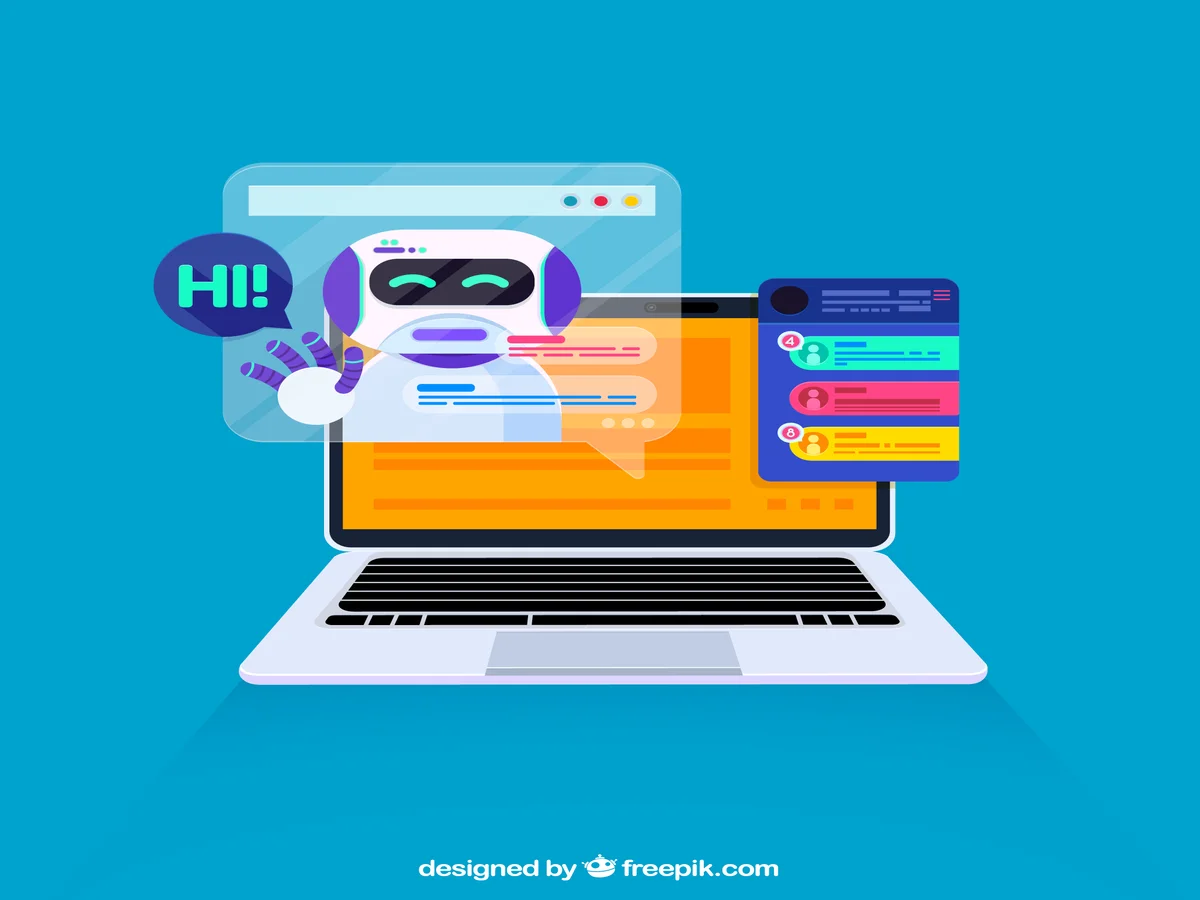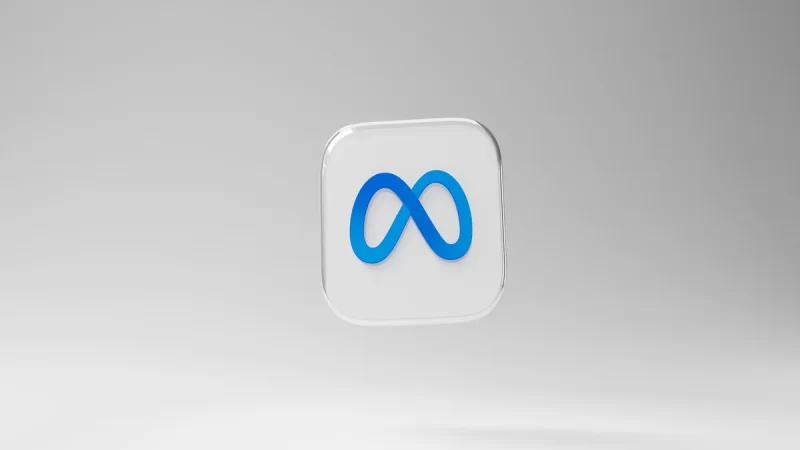An Ulitmate Guide to Utilizing ChatGPT for Keyword Research

Keyword research is a fundamental aspect of any successful digital marketing strategy. It forms the cornerstone of content creation, SEO optimization, and understanding user intent. ChatGPT, with its language processing capabilities, can be an invaluable tool in streamlining and enhancing the keyword research process. Here’s a comprehensive guide on leveraging ChatGPT for effective keyword research:
What Is ChatGPT’s Capabilities for Keyword Research?
ChatGPT, powered by advanced AI, comprehends natural language and can generate human-like text based on the input it receives. This ability can be harnessed for keyword research in various ways:
- Generating Seed Keywords: Start by providing ChatGPT with a broad topic related to your niche. For instance, if you’re in the fitness industry, inputting “fitness tips” or “workout routines” can prompt ChatGPT to generate a list of related keywords.
- Expanding Keyword Lists: Using the initial seed keywords, ChatGPT can expand your list by suggesting related terms, long-tail keywords, or variations that users might search for.
- Analyzing User Intent: By prompting ChatGPT with questions or search queries, you can gauge the kind of responses it generates. This helps understand user intent and craft content that aligns with what users are seeking.
Steps to Conduct Keyword Research with ChatGPT
- Initial Seed Keywords:
- Begin by inputting a few primary keywords related to your niche or industry.
- Example: Input “digital marketing strategies” to generate initial keywords.
- Keyword Expansion:
- Ask ChatGPT to expand on these initial keywords. For instance, inquire, “Can you suggest long-tail keywords related to digital marketing strategies?”
- Use prompts like “What are some variations of…” or “Can you provide synonyms for…”
- Competitor Analysis:
- Input competitor URLs or names to extract keywords they’re ranking for. Ask ChatGPT to identify keywords associated with those competitors.
- Example: “What keywords does website X rank for?”
- Analyzing Search Trends:
- Inquire about current trending topics or popular searches within your industry.
- Use prompts like “What are the trending keywords in [industry/niche]?” or “Can you list the most searched keywords for [topic]?”
- Refining Keywords Based on Intent:
- Ask ChatGPT to provide keywords based on specific user intents, such as informational, navigational, or transactional queries.
- Example: “What keywords do users search for when looking for beginner’s guides in digital marketing?”
- Filtering and Organizing Keywords:
- Compile the generated keywords and filter them based on relevance, search volume, and competition using external tools like Google Keyword Planner or SEMrush.
- Organize keywords into categories or groups based on their relevance to different content or marketing campaigns.
Best Practices and Tips to Utilizing ChatGPT For Keyword Research
- Diversify Your Queries: Experiment with different types of queries to extract a wide range of keywords and understand user behavior comprehensively.
- Combine with External Tools: Use ChatGPT in conjunction with other keyword research tools to validate and refine the generated keywords.
- Regular Updates: Periodically revisit your keyword lists and update them based on evolving trends and changes in user behavior.
Key Takeaways
ChatGPT’s language capabilities make it a versatile and powerful tool for conducting keyword research. By leveraging its ability to understand natural language, you can streamline the process of discovering valuable keywords, understanding user intent, and optimizing your content for better visibility and engagement.
FAQs:
ChatGPT is an AI language model that can generate text based on the input it receives. In keyword research, it can be used to generate relevant keywords, provide insights, and assist in brainstorming sessions.
ChatGPT can generate a wide range of keywords based on the input provided. However, accuracy may vary based on the context and specificity of the query. It’s crucial to validate the generated keywords using SEO tools and industry knowledge.
ChatGPT can complement traditional keyword research tools by providing alternative or additional keywords. However, it shouldn’t entirely replace these tools, as they often offer advanced functionalities and data analysis specific to SEO.
Context, specificity, and relevance are crucial. Providing clear instructions and examples can enhance the accuracy of the generated keywords. Additionally, understanding the target audience and their search intent is vital.
Use concise and clear prompts. Provide initial keywords or topics to guide the AI. Experiment with variations in the input to explore diverse keyword possibilities.







